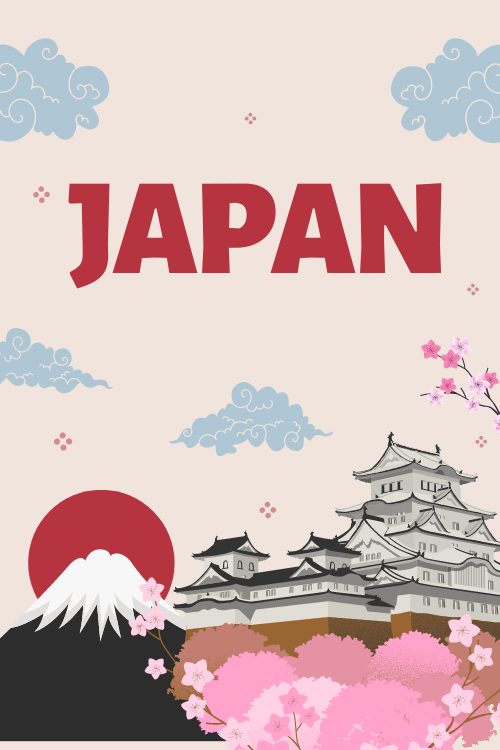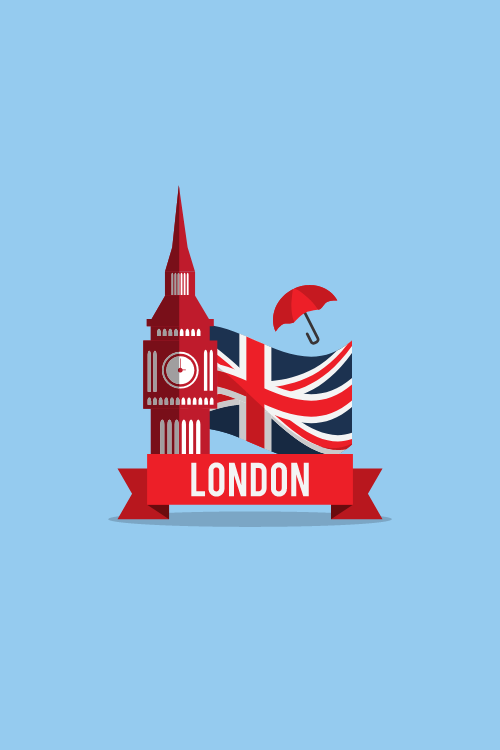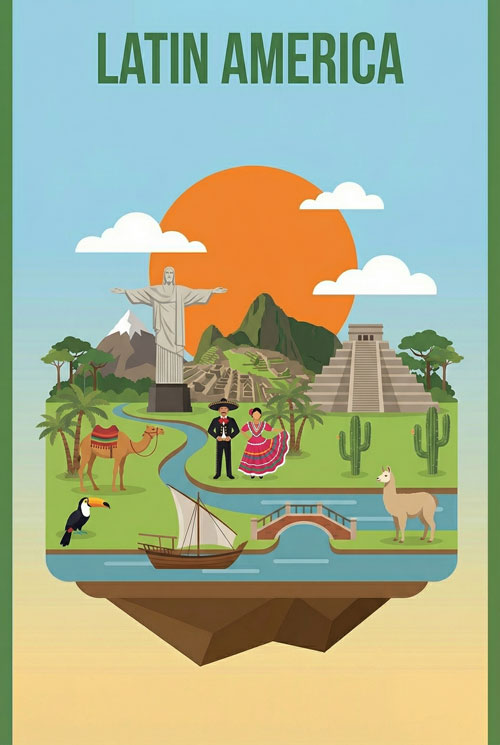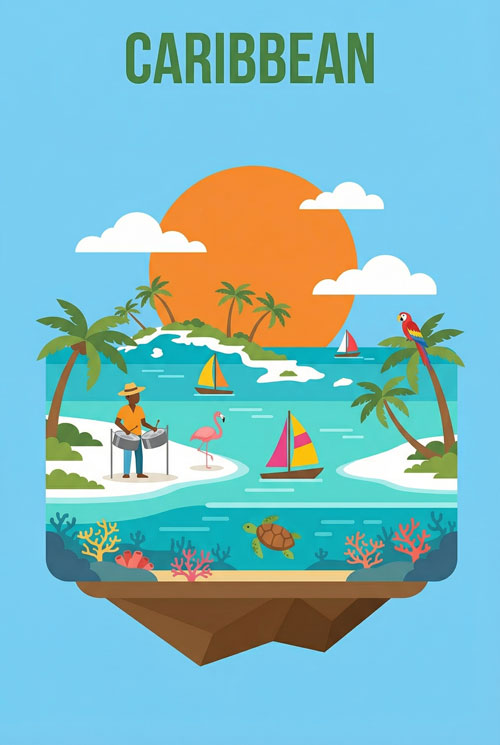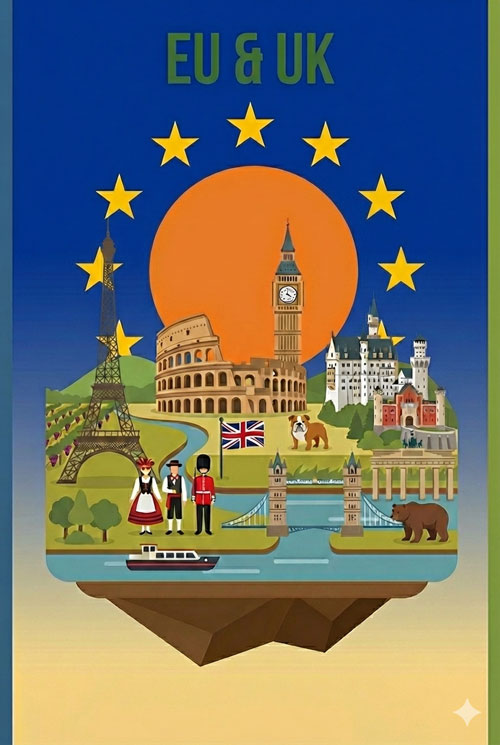eSIM Switzerland
Best Time to Visit Zurich: Everything Travelers Need To Know
Zurich is Switzerland’s largest city and a global financial powerhouse; it’s a place where pristine nature and sophisticated urban life exist in perfect harmony.
But when is the perfect time to experience it all?
The truth is, the “best time to visit Zurich” isn’t a single week or month. It’s a personal choice that depends entirely on what you want from your trip.
Are you dreaming of sunny lake swims and vibrant street festivals? Or are you seeking cozy Christmas markets and budget-friendly museum hopping? This guide will walk you through every season, helping you find your perfect Zurich moment.
Zurich at a Glance: The Best Times to Go
For those who want the highlights right away, here’s a quick rundown of the best times to visit Zurich based on your priorities:
- Best Time for Glorious Weather & Lake Swims: June – August. This is when Zurich’s outdoor lifestyle is in full swing. Warm temperatures and long, sunny days are perfect for swimming in the lake and the city’s unique river “badis” (public baths).
- Best Time for Budget Travelers & Fewer Crowds: The shoulder seasons of March-May and September-November offer a sweet spot of pleasant weather, smaller crowds, and lower prices. For the absolute cheapest rates on flights and hotels, aim for the low season from November to March (excluding the December holiday peak).
- Best Time for Christmas Markets & Cozy Vibes: December. The city transforms into a magical winter wonderland with enchanting Christmas markets, twinkling lights, and cozy fondue chalets popping up everywhere.
- Best Time for Hiking & Fall Colors: September & October. The air is crisp, the summer crowds have thinned, and the forests on surrounding hills like the Uetliberg are ablaze with golden foliage. It’s also the time of the local wine harvest.
- Best Time for Foodies & Culture Festivals: June, August & September. These months are packed with major events. Indulge your taste buds during FOOD ZURICH in June, party at the massive Street Parade in August, or catch a premiere at the Zurich Film Festival in September.
Zurich’s Climate: A Monthly Deep Dive & Travel Planner
Zurich has a temperate climate with four distinct seasons, meaning you’ll have a different experience depending on when you visit. One important thing to know is that Zurich doesn’t have a truly dry season; rain is possible year-round.
Interestingly, the most popular summer months are also the wettest. While June, July, and August boast the most sunshine and warmest temperatures, they also see the highest average rainfall. Don’t let this deter you! This precipitation is typical of a continental climate and usually comes in the form of short, intense afternoon thunderstorms. It rarely ruins a whole day. The key is to pack a light waterproof jacket and have a backup plan, like a museum visit or a cozy café, for the afternoon.
Another key detail to manage expectations, especially for winter travel, is the difference between daylight and sunshine. While a day in December or January might have over eight hours of daylight, the city only averages one to two hours of actual, direct sunshine due to frequent cloud cover. This doesn’t mean a winter trip is gloomy; it means the experience is about atmosphere—the moody light over the Limmat river, the warm glow of Christmas markets, and the cozy interior of a fondue restaurant—rather than sun-drenched vistas.
To help you plan, here is a comprehensive look at what to expect each month.
Zurich Monthly Weather & Travel Planner
| Month | Avg. High (°F/°C) | Avg. Low (°F/°C) | Avg. Rainfall (in/mm) | Avg. Daily Sunshine (hrs) | Crowd & Price Level | Key Events & Activities |
| Jan | 39°F / 4°C | 29°F / -2°C | 3.0″ / 76mm | 2 | Low | Winter sports day trips, spa days, museum visits. |
| Feb | 43°F / 6°C | 29°F / -2°C | 2.5″ / 64mm | 3 | Low | Art on Ice, ZüriCarneval, last chance for quiet ski trips. |
| Mar | 52°F / 11°C | 33°F / 1°C | 2.7″ / 69mm | 4 | Low-Medium | Spring awakening, cherry blossoms begin, m4music festival. |
| Apr | 60°F / 16°C | 39°F / 4°C | 2.8″ / 71mm | 5 | Medium | Sechseläuten spring festival, Zurich Marathon, pleasant city walks. |
| May | 67°F / 19°C | 47°F / 8°C | 4.6″ / 117mm | 6 | Medium | FOOD ZURICH, Cycle Week, hiking trails open. |
| Jun | 74°F / 23°C | 54°F / 12°C | 4.2″ / 107mm | 6 | High | Zurich Art Weekend, Zurich Pride, lake swimming begins. |
| Jul | 77°F / 25°C | 57°F / 14°C | 4.9″ / 124mm | 7 | Peak | Caliente! festival, Opera for All, peak lake life, Züri Fäscht (every 3 years). |
| Aug | 76°F / 24°C | 56°F / 13°C | 4.5″ / 114mm | 7 | Peak | Street Parade, Swiss National Day, Zürcher Theater Spektakel. |
| Sep | 68°F / 20°C | 50°F / 10°C | 3.3″ / 84mm | 5 | Medium | Zurich Film Festival, Knabenschiessen, fall hiking, wine harvest. |
| Oct | 58°F / 14°C | 43°F / 6°C | 3.4″ / 86mm | 3 | Medium | Jazznojazz, fall foliage, fewer crowds, lower prices. |
| Nov | 46°F / 8°C | 35°F / 2°C | 2.8″ / 71mm | 2 | Low | Christmas markets open late month, Expovina wine fair on boats. |
| Dec | 40°F / 4°C | 30°F / -1°C | 3.4″ / 86mm | 1 | High | Christmas Markets, New Year’s Magic, fondue season in full swing. |
A Detailed Season-by-Season Guide to Zurich
Spring in Zurich (March – May): An Awakening City
Weather: Spring sees Zurich emerge from winter’s chill. March is still cool, but by May, temperatures become pleasantly mild, often reaching up to 18°C (64°F). Be prepared for “April showers,” as rain is common, with about 10-12 wet days per month.
Pros: As a shoulder season, spring offers a fantastic combination of fewer tourists and more affordable prices for flights and hotels. The city is visually stunning as it bursts into bloom, with magnolias in Platzspitz Park and ornamental cherry blossoms lining streets like Zurlindenstrasse. The season’s highlight is Sechseläuten in April, a traditional festival where a giant snowman effigy (the “Bögg”) is burned to forecast the summer’s weather—the faster his head explodes, the better the summer will be.
Cons: The weather can be unpredictable, and March can often feel more like winter than spring. Some higher-altitude hiking trails and mountain attractions may remain closed due to lingering snow.
Activities: This is the perfect time for city walks through blooming parks, exploring the Old Town, and enjoying the re-emerging café culture as tables and chairs spill back onto the sidewalks. Don’t miss the Sechseläuten parade and bonfire. For niche interests, the Zurich Marathon is in April, and the city-wide FOOD ZURICH festival takes place in May.
Summer in Zurich (June – August): The City Comes Alive
Weather: Summer brings the warmest weather, with average daily temperatures in the comfortable mid-70s Fahrenheit (around 23-25°C). As mentioned, these are also the wettest months, but rain typically falls in brief, heavy afternoon showers that quickly pass.
Pros: This is Zurich at its most vibrant. Life revolves around the water, with locals and visitors alike flocking to the lake and river for swimming, sailing, paddleboarding, and picnicking. The days are long and full of light, with over 15 hours of daylight in June and July, perfect for maximizing your sightseeing. The festival calendar is packed, featuring the Zurich Pride Festival (June), the massive Caliente! Latin music festival (July), and the world-famous Street Parade, one of Europe’s largest techno parties (August).
Cons: Summer is the undisputed peak season. This means you’ll encounter the largest crowds and the highest prices for flights and accommodations. Be sure to book well in advance.
Activities: Dive into Lake Zurich from a public swimming area (badi), float down the Limmat river, enjoy a drink at a rooftop bar with a view, or attend one of the many open-air concerts and film screenings. Don’t miss the chance to experience the Züri Fäscht, a massive “festival of festivals” that takes over the city once every three years in July.
Autumn in Zurich (September – November): A Golden Glow
Weather: Autumn offers a pleasant transition from the warmth of early September to the crisp, cool days of October. By November, winter’s chill begins to set in, with average highs dropping to around 8°C (46°F).
Pros: September and October are a wonderful shoulder season. The summer crowds have departed, resulting in more attractive pricing for travel and lodging. The landscape is painted in brilliant autumnal colors, making it a prime season for hiking on nearby Uetliberg mountain or taking walks through the city’s parks. The cultural calendar remains rich with events like the Long Night of the Museums and the prestigious Zurich Film Festival. A unique highlight is the Expovina wine fair in November, held on a dozen boats moored on the lake.
Cons: The weather becomes less predictable as the season progresses. November can be damp and gray, with shorter days and more frequent rain. Some high mountain passes may close for the winter.
Activities: Hiking is a must, especially in early autumn. Culture lovers should time their visit for the Zurich Film Festival. As the weather cools, the cozy bars and traditional restaurants of the Old Town become especially inviting.
Winter in Zurich (December – February): A Cozy Wonderland
Weather: Winter is cold, with temperatures typically hovering around freezing (0°C / 32°F). Snowfall is common, blanketing the city in a picturesque white layer, but warm winter clothing is essential. Days are short and often overcast.
Pros: Winter offers two distinct travel opportunities. December is a festive high season, driven by the city’s magical Christmas markets, which are considered a major attraction. The entire city center glows with lights and holiday cheer. Then, from January through March, Zurich enters its low season, offering the year’s cheapest hotel rates. This makes it the perfect time for a “hybrid trip”: base yourself in the affordable city to enjoy uncrowded museums and cozy fondue dinners, while taking easy day trips by train to world-class Alpine ski resorts.
Cons: It is cold, and there is very limited sunshine. Most outdoor activities within the city are curtailed.
Activities: In December, the focus is squarely on the Christmas markets, ice-skating rinks, and the “Märlitram,” a special fairytale tram for children. Throughout the winter, it’s the ideal time to indulge in a classic Swiss cheese fondue, relax at a thermal spa like the Thermalbad & Spa Zürich with its rooftop pool, or explore the city’s fantastic museums, such as the Kunsthaus or the FIFA Museum.
The Best of Zurich, Tailored to Your Travel Style
For the Budget-Conscious Traveler
The most affordable months to visit Zurich are November and January through March, when flight and hotel prices are at their lowest. You can explore the city’s excellent museums on a budget; for example, the permanent collection at the Kunsthaus is free to visit every Wednesday. Consider purchasing a Zurich Card, which offers fantastic value with unlimited public transport, airport transfers, and free or discounted entry to over 40 museums.
For the Sun-Seeker & Outdoor Adventurer
The prime window for warm weather and outdoor fun is from June to August. This is the best time for swimming, boating on Lake Zurich, and accessing the full network of high-altitude hiking trails in the nearby Alps. For hikers who prefer cooler temperatures and fewer people on the trails, September is an excellent alternative, offering stunning fall colors as a bonus.
For Families
Summer (June-August) is a fantastic choice for families, with endless opportunities for fun at the lake, in the city’s parks, and at family-friendly outdoor pools. Alternatively, December offers a truly magical experience. The city’s Christmas markets are enchanting for all ages, and kids will love the special “Märlitram” (fairy tale tram) that circles the city center.
For the Culture Vulture & Foodie
Zurich’s cultural heart beats strongest across several seasons. Summer is alive with open-air concerts and vibrant street festivals like the Street Parade and Caliente!. Autumn is perfect for a more refined cultural tour, with the Zurich Film Festival, the Long Night of the Museums, and food-focused events celebrating the grape harvest. For foodies, the FOOD ZURICH festival in May/June is a can’t-miss event celebrating every facet of cuisine.
Stay Connected in Zurich with an eSIM from eSIM4.com
Planning your amazing trip to Zurich? Here’s a crucial tip that can save you a fortune: Switzerland is not part of the European Union’s “Roam Like at Home” policy. This is a common misconception, especially for travelers from Europe, who are used to seamless, free roaming within the EU. The moment you cross the Swiss border, you could be hit with shocking roaming fees from your home provider for data, calls, and texts.
You could wait until you arrive and hunt for a local physical SIM card. But this often involves airport queues, finding a store, and going through the registration process, which requires your passport.
Forget airport SIM queues and surprise roaming bills. The easiest and most affordable way to stay connected is with an eSIM. With an eSIM from eSIM.com, you can download a data plan for Switzerland before you even leave home and activate it the moment you land. You get instant access to high-speed data to navigate with maps, book a ride, or share your first lakeside photo. No more bill shock, no more wasted time.
Check out eSIM.com for affordable, reliable data plans for your trip to Zurich.
Frequently Asked Questions About Visiting Zurich
What is the rainiest month in Zurich?
While it can rain any time of year, the months that receive the highest total volume of precipitation are in the summer, with July and August often being the wettest. However, this typically comes in the form of afternoon thundershowers, not all-day downpours, so it rarely disrupts travel plans.
Is the Zurich Card worth it?
For most travelers, yes, it represents excellent value. The card includes unlimited travel on all public transport in the city and surrounding areas (including trams, buses, trains, and even some boats), your transfer from the airport, and free or reduced admission to approximately 40 museums. If you plan to use public transport frequently and visit several museums, it will almost certainly save you money.
How many days do you need in Zurich?
Two to three days is enough to cover the main highlights of the city itself. This gives you time to explore the Old Town, visit one or two world-class museums, take a cruise on the lake, and enjoy the atmosphere. If you want to use Zurich as a base for day trips into the Swiss Alps for hiking or skiing, you should plan for at least four or five days.
Can you see the Alps from Zurich?
On a clear day, you can see a beautiful panoramic view of the distant Alps from certain vantage points, particularly from the top of Uetliberg mountain or from a boat on Lake Zurich. However, for the truly immersive, up-close Alpine experience you see in photos, it’s best to plan a day trip. Regions like Mount Titlis or the Jungfrau are easily and spectacularly reached by train from Zurich’s main station.

